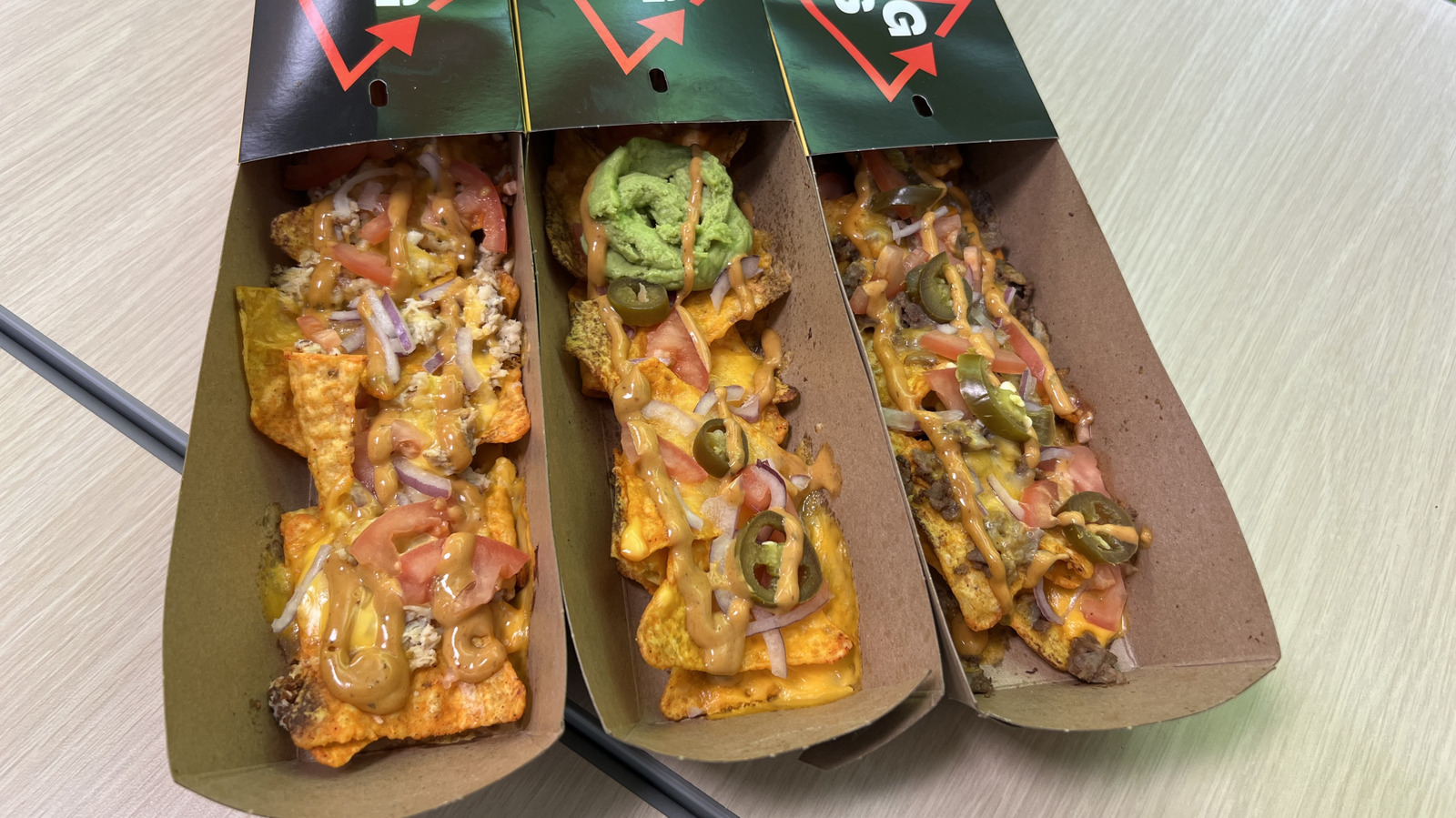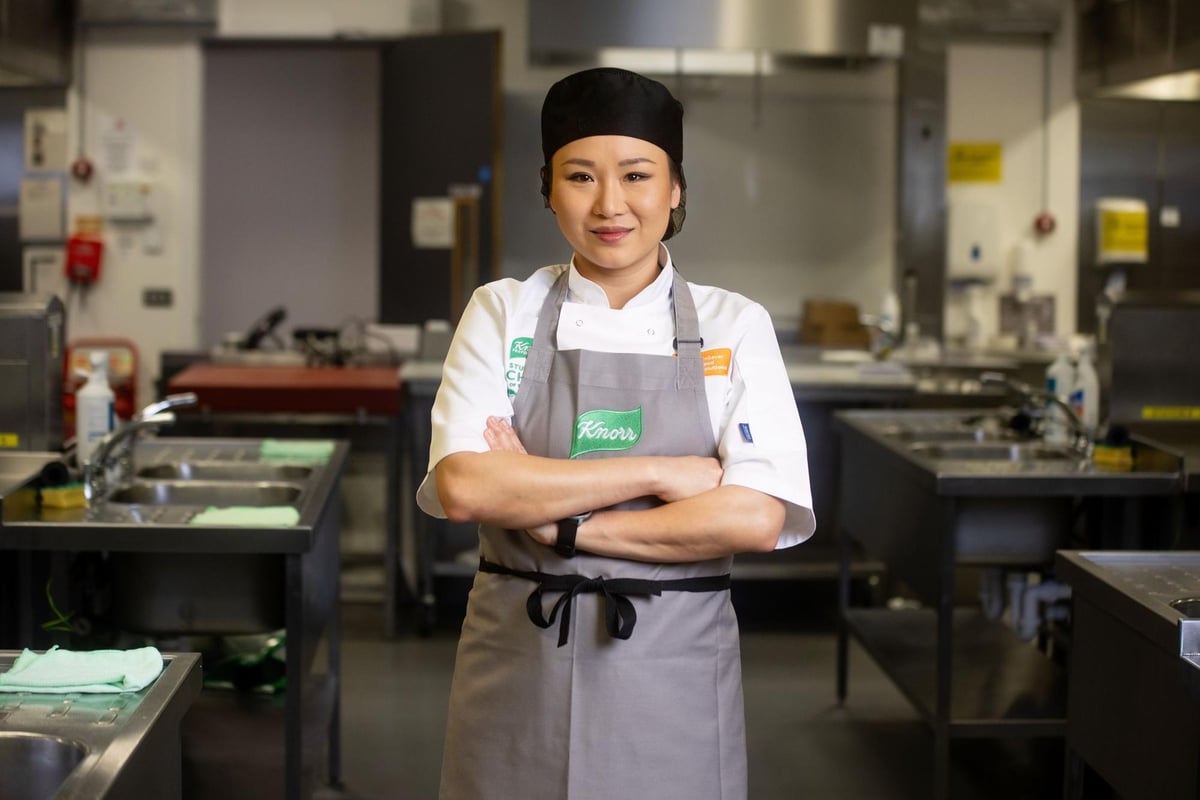
None of Maine’s nine James Beard Award semifinalists moved on to the next round of the competition, the first time in 11 years the state has been blanked in finalist nominations. In January, nine Maine restaurants and bars, or the food professionals behind them, were named semifinalists for the prestigious awards. They were Havana in Bar Harbor for Outstanding Restaurant; Jason Eckerson and Kate Hamm of Biddeford’s Fish & Whistle for Emerging Chef; Brant Dadaleares of Gross Confection Bar for Outstanding Pastry Chef or Baker; Taj Indian Cuisine for Outstanding Hospitality; The Abbey in Brunswick for Best New Bar; Mary Allen Lindemann of Coffee By Design for Outstanding Professional in Beverage Service; Nathaniel Meiklejohn of The Jewel Box for Outstanding Professional in Cocktail Service; and Jordan Rubin of Mr.
Tuna and Jake Stevens of Leeward for Best Chef: Northeast. Chef Lee Frank was initially nominated for Lee Frank’s in South Berwick , though the James Beard Foundation later changed the listing to connect him with Otis Restaurant in Exeter, New Hampshire instead. He did not make the finalist round.

In 2014, none of the state’s five semifinalists moved on to the next round. Three Maine chefs — Masa Miyake of Miyake, Brian Hill of Francine Bistro in Camden and Ravin Nakjaroen of Long Grain in Camden — had been named semifinalists for Best Chef: Northeast, while Fore Street and Primo in Rockland were semifinalists for Outstanding Restaurant. James Beard Award winners will be announced at the awards ceremony on June 16 in Chicago.
Comments are not available on this story. Read more about why we allow commenting on some stories and not on others. We believe it’s important to offer commenting on certain stories as a benefit to our readers.
At its best, our comments sections can be a productive platform for readers to engage with our journalism, offer thoughts on coverage and issues, and drive conversation in a respectful, solutions-based way. It’s a form of open discourse that can be useful to our community, public officials, journalists and others. We do not enable comments on everything — exceptions include most crime stories, and coverage involving personal tragedy or sensitive issues that invite personal attacks instead of thoughtful discussion.
You can read more here about our commenting policy and terms of use . More information is also found on our FAQs . Show less Send questions/comments to the editors.
.















